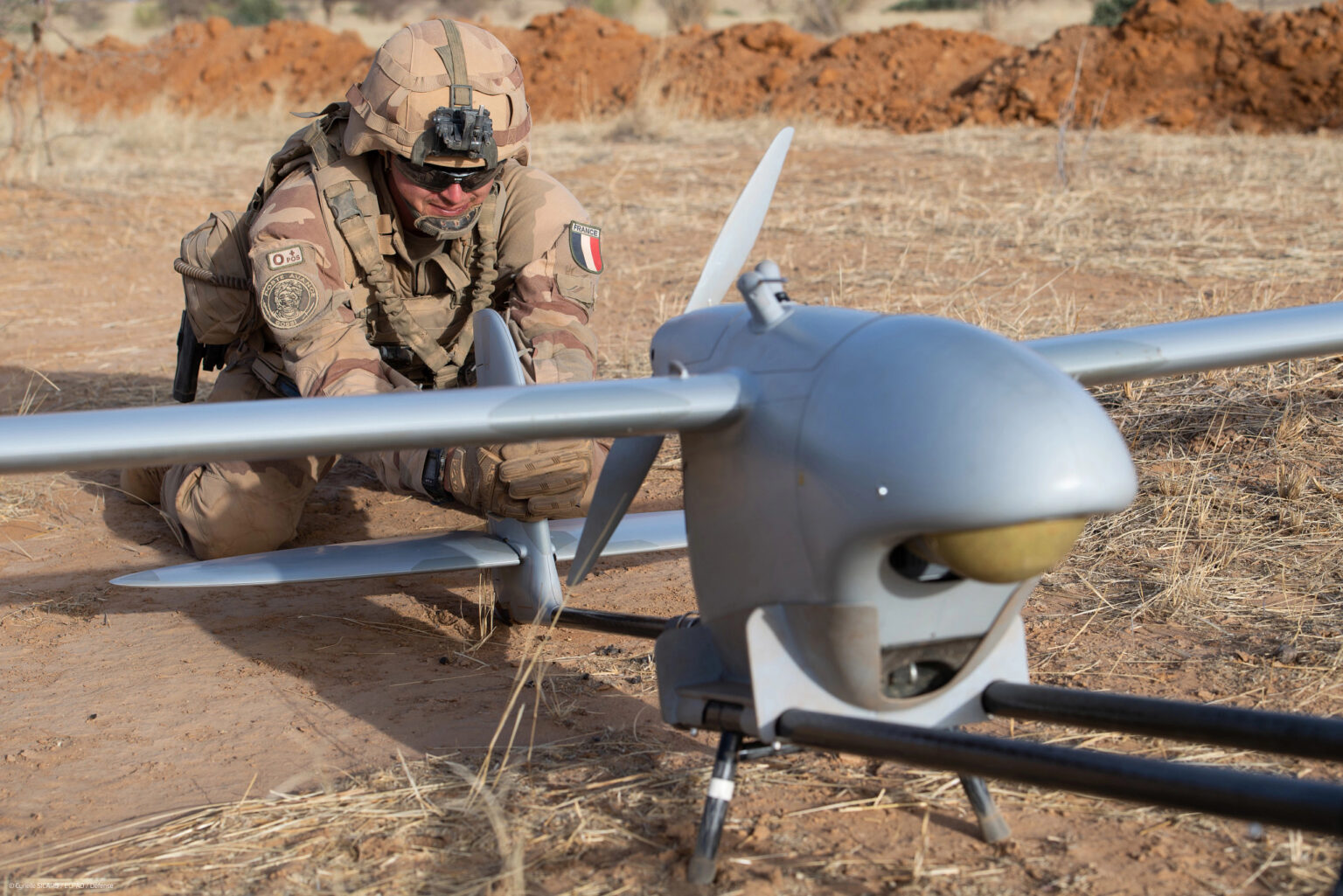The German Federal Cartel Office has granted approval for the creation of a joint venture between four of Europe’s leading defense companies: KNDS Deutschland, KNDS France, Rheinmetall Landsysteme, and Thales SIX GTS France.
The newly formed entity, MGCS-Projekt Company GmbH, will be based in Cologne, Germany, and will spearhead the industrial development of the Main Ground Combat System (MGCS) — a modular, next-generation combat system designed to replace the Leopard 2 and Leclerc main battle tanks.
The approval marks a critical regulatory milestone for the MGCS program, which is one of Europe’s most ambitious binational defense initiatives. The joint venture will be equally owned by the four parties (25% each) and will maintain a balanced national workshare of 50% Germany and 50% France.
The announcement follows the formal signing of the shareholder agreement on January 23, 2025, in Paris, attended by French Minister of Defence Sébastien Lecornu and German Minister of Defence Boris Pistorius. This agreement represents a major step forward after the signing of a Letter of Intent (LOI) by the two governments in spring 2024, and will enable the project company to act as industrial prime contractor in upcoming phases, consolidating the system’s concept and technological foundation. The initiative is managed through a German-French Combined Project Team (CPT) under the authority of the Federal Office of Bundeswehr Equipment, Information Technology and In-Service Support (BAAINBw).
MGCS is envisioned as a multi-platform combat system rather than a single tank model. It will be built on a shared chassis and configured with interchangeable modules to meet various operational roles. Several specialized vehicles will be designed to work in a coordinated and interoperable fashion. The system is expected to enter service in the early 2040s, gradually replacing existing platforms.
Andreas Mundt, President of the Federal Cartel Office, stated: “We are increasingly seeing cooperation projects between various European companies, which can also have competitive implications. An important aspect in our assessment is whether the companies could have implemented the project independently. Our investigations show that the parties’ existing business areas largely complement each other.”
Although Rheinmetall and KNDS share overlapping competencies in armored combat vehicles (ACVs), the market’s structure—driven primarily by national procurement—reduces antitrust concerns. Thales, which has not previously operated in this field, brings unique technological capabilities from adjacent sectors.
About the Consortium Members:
- KNDS is the result of the strategic merger between Germany’s Krauss-Maffei Wegmann (KMW) and France’s Nexter, forming a major European land defense group headquartered in Amsterdam. With approximately 10,000 employees, KNDS posted €3.3 billion in turnover in 2023 and holds an order backlog of €16 billion. It offers a wide range of military systems, from tanks and artillery to battle management software and logistics solutions.
- Rheinmetall AG, headquartered in Düsseldorf, is one of Europe’s premier defense contractors and a technology leader across both military and civilian sectors. With over 31,000 employees at 171 sites, the company generated €7.2 billion in revenue in 2023. Its subsidiary Rheinmetall Landsysteme GmbH plays a central role in vehicle systems across Europe.
- Thales is a global technology leader in defense, aerospace, and cybersecurity, with 81,000 employees in 68 countries. The company invested nearly €4 billion in R&D in 2023 and reported €18.4 billion in sales. It contributes advanced capabilities in digital infrastructure, AI, quantum technology, and secure communications to the MGCS program.
The MGCS initiative represents not only a new era for armored vehicle design but also a strategic step toward greater European defense integration and industrial cooperation. As the program progresses into its next development phase, it symbolizes a commitment by France and Germany to future-proof their armed forces through innovation and joint industrial capacity.
